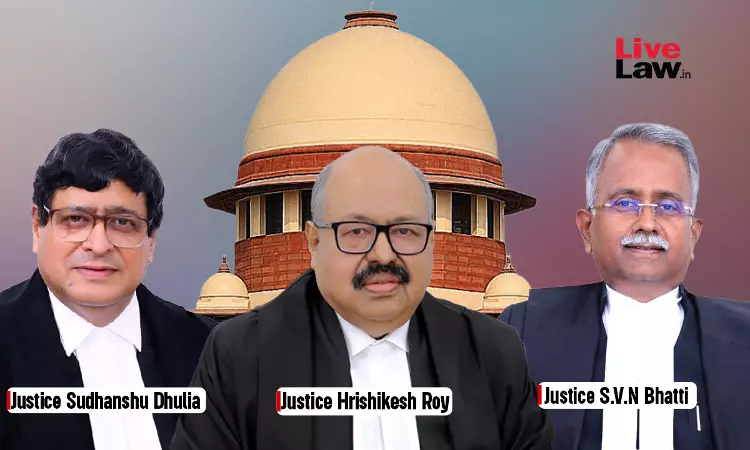Citing the lack of transparency and irregularities adopted in shortlisting the candidates for the interview stage, the Supreme Court directed the Punjab School Education Board (PSEB) to commence the fresh selection process of the Laboratory Attendants from the stage of written test. The bench comprising Justices Hrishikesh Roy, Sudhanshu Dhulia, and SVN Bhatti set aside the High Court's...

